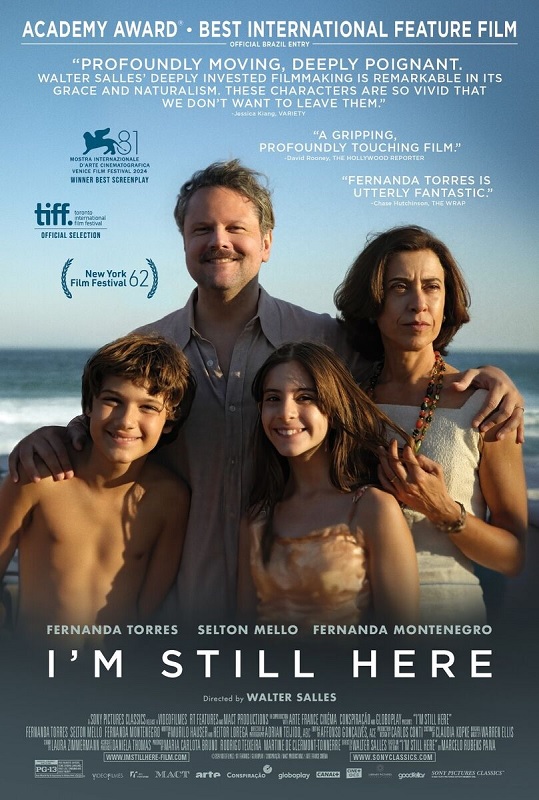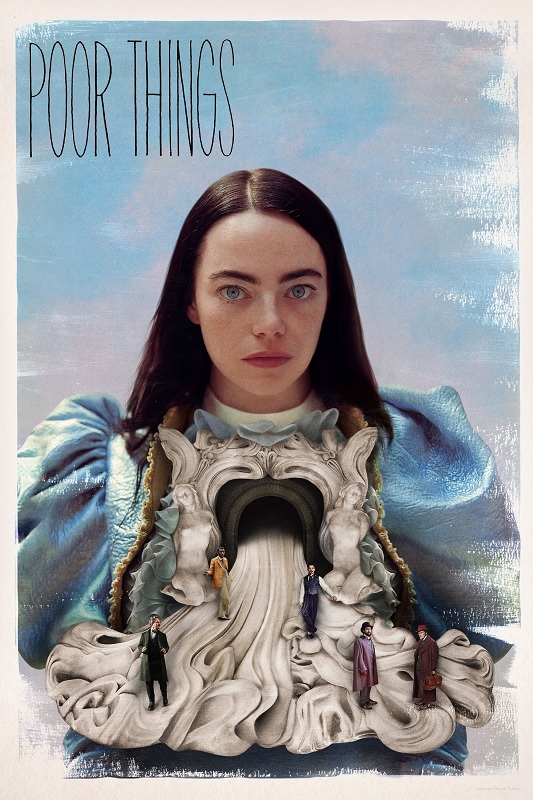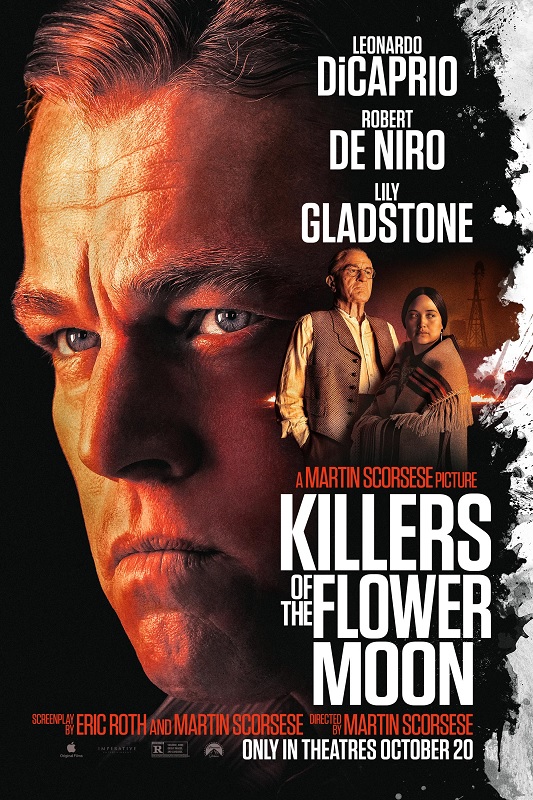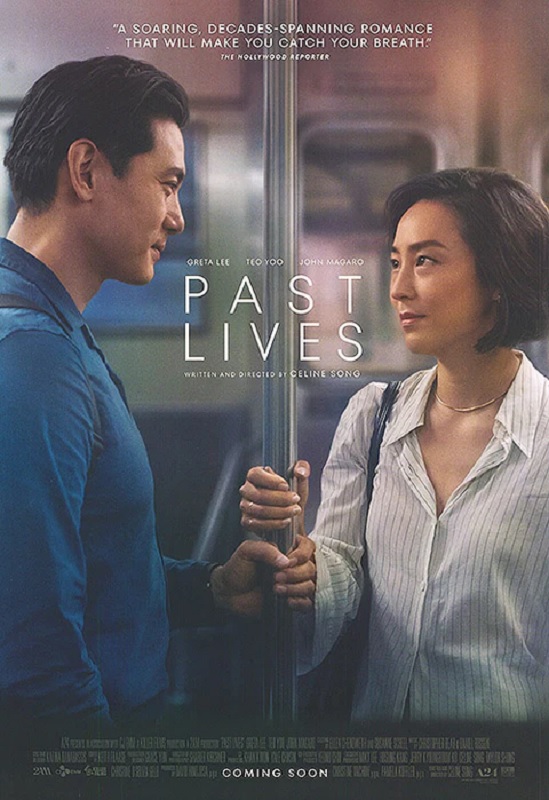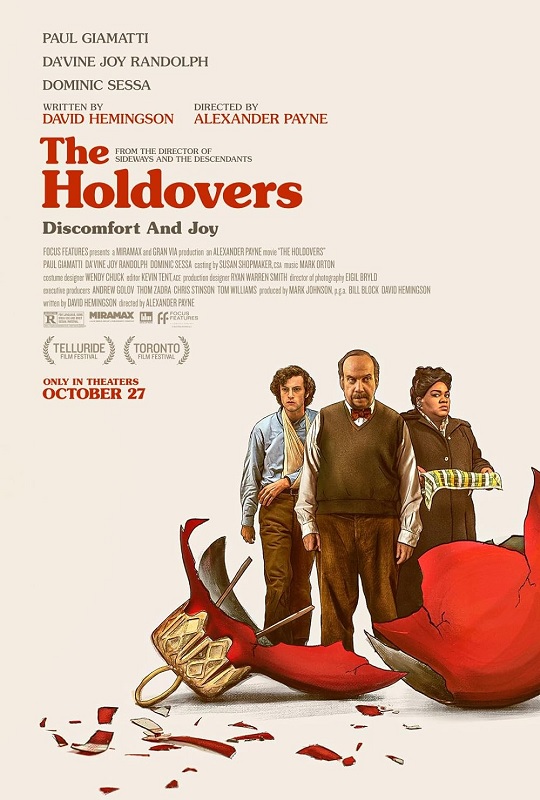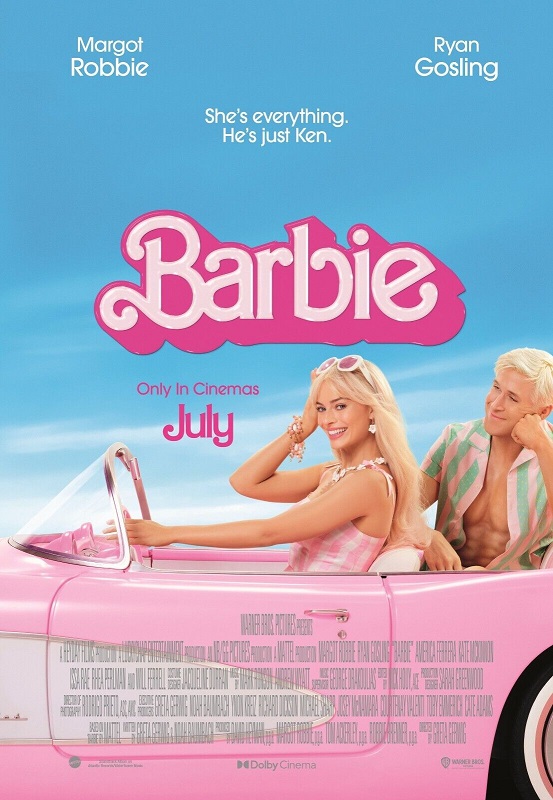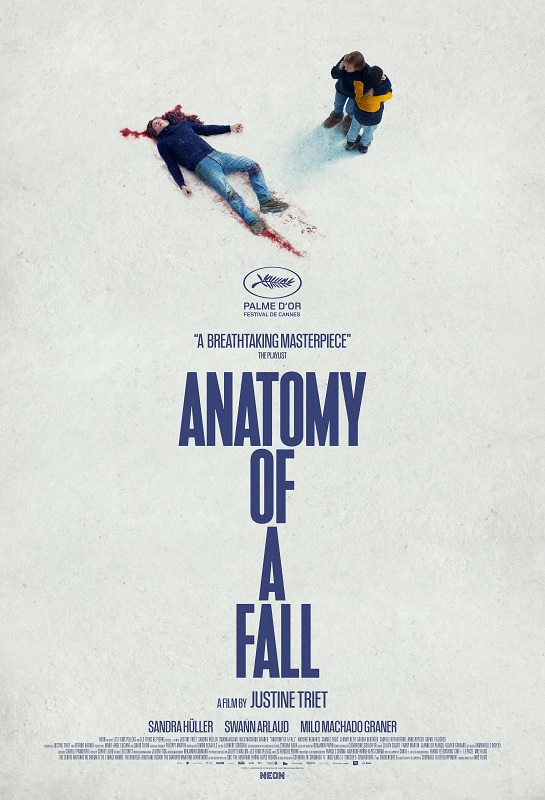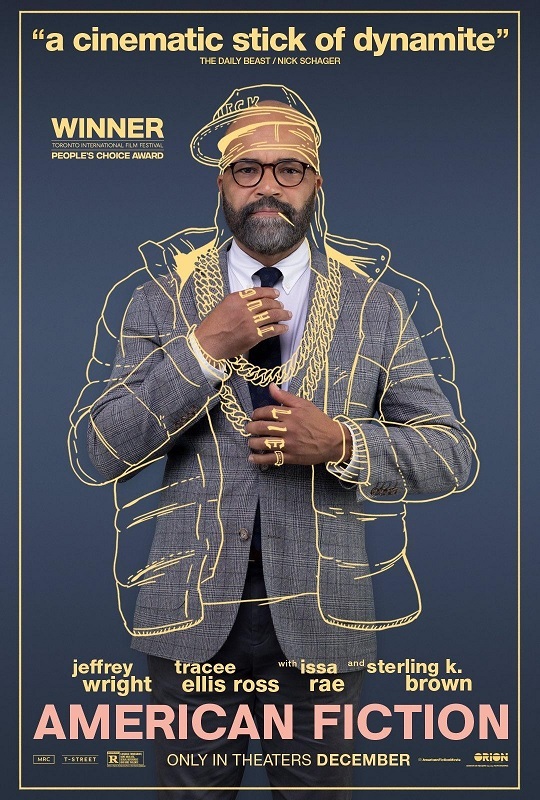

2024 – Dune: Part Two
This was an incredible movie. The visual effects were top-notch, and took home the Oscar in the category. The casting was perfection. The acting was fantastic. The direction was amazing, the soundtrack was mesmerizing. The sets and costumes were elaborate. And the story was intense. It was a phenomenal follow-up to the first installment in the franchise.
Director Denis Villeneuve really pulled out all the stops and gave us a great science-fiction movie that both critics and audiences loved. Famed directors like Stephen Spielberg, James Cameron, and Francis Ford Coppola all had wonderful things to say about Dune Part Two. Christopher Nolan called the film miraculous and said, “If, to me, Dune was like Star Wars, then Dune 2 is The Empire Strikes Back.” And I couldn’t agree more. The first Dune was good. Part Two was even better.
One of the things I loved was that it didn’t shy away from some of the stranger and more fantastical story-telling. One of the characters was an unborn fetus, voiced by Anya Taylor-Joy, who has a surprising amount of influence on the course of the story. They showed the dreams and visions of the lead, Paul Atreides, played by Timothee Chalamet, as strange and as disjointed as the images that appeared on the screen were. There were slow and introspective moments as well as some thrilling action sequences. There were little shots of characters without any dialogue that just showed the expressions on their faces as indications of their reactions, motivations, and thoughts. It was nuanced, relying on the perceptions and intelligence of the viewers to drive the intensity of the story being told.
As far as the cast went, I was impressed with everyone, but especially with Chalamet, Zendaya, playing Chani, Paul’s love interest, and Rebecca Ferguson, playing Lady Jessica, Paul’s mother whose allegiance to the Bene Gesserit order supersedes everything, including her love for her son. Both of these women did a fantastic job, creating layered characters who fully grasped the parts they play. Ferguson was amazingly good. I loved that she created a character who isn’t nearly as delicate as she looks. She was strong and powerful, ambitious, and capable. I loved the way she easily took control of nearly every situation.
Other great members of the cast were Josh Brolin as Gurney, Paul’s friend and mentor from House Atreides, Austin Butler, as the psychotic Feyd-Rautha, Baron Harkonnen’s nephew, Dave Bautista as his other nephew, and Stellan Skarsgard, as Baron Harkonnen, himself. Christopher Walken and Florence Pugh were both engaging as the Emperor and his daughter, Princess Irulan. And lest I forget a powerful performance by Charlotte Rampling as the Bene Gesserit Reverend Mother Mohaim. Her role was small, but incredibly important. She was such a delightfully dangerous character who practically controls everything from the shadows.
But I think my favorite thing about the movie was the script. It was smart. There was nothing in the film that didn’t enhance the narrative in one way or another. The social and political intrigue was interesting rather than boring. The slow but inevitable arc of Paul’s character from a humble refugee among the Freman people to a prophet, and eventually to a religious icon. And beyond that, by the end of the movie, he goes to war against the Emperor, winning himself the throne, and agreeing to a political marriage to Irulan. The narrative took its time propelling him along his journey and I was totally on-board with it.
The scene where Paul strides into the meeting of the Freman tribes and announces himself as The One, the fulfillment of prophecy, stirring the Fremen nation into a religious frenzy. Chalamet was really good in that moment. And I loved Javier Bardem as Stilgar, a true believer in Paul as that fulfillment. He really portrayed the hope and the fanaticism perfectly. And in that scene, I have to wonder if they enhanced Chalamet’s voice to make it sound move authoritative, more commanding, stronger, because it didn’t seem like a voice that would come out of the actor’s mouth. And Hans Zimmer’s score in that scene was captivating.
And lastly, I have to mention the cinematography. Greig Fraser was nominated for the category, but lost to Lol Crawley for The Brutalist. Having now seen both films, I think I would have voted for Dune Part Two. The scale of the production, the sweeping vistas, the wide shots that showed us the immensity of the desert, the size of the armies at war, the grandeur of the buildings and ships, and even the gigantic sizes of the Sand Worms, was beautifully captured on the big screen, lending itself to the epic nature of the story being told.
And ultimately, it did what a second film in a franchise is supposed to do. As soon as I finished watching, I went online to look up when part three is coming out. I want the story to continue. As of this writing, the word is December of 2026. Man, I have more than a year and a half to go? Apparently they haven’t started filming yet, but it’s good to know that the third installment has been green-lit. And even though Villeneuve will be directing, he has said that it will be his last Dune film. And if it is as good as Dune Part Two, it will be worth the wait.









